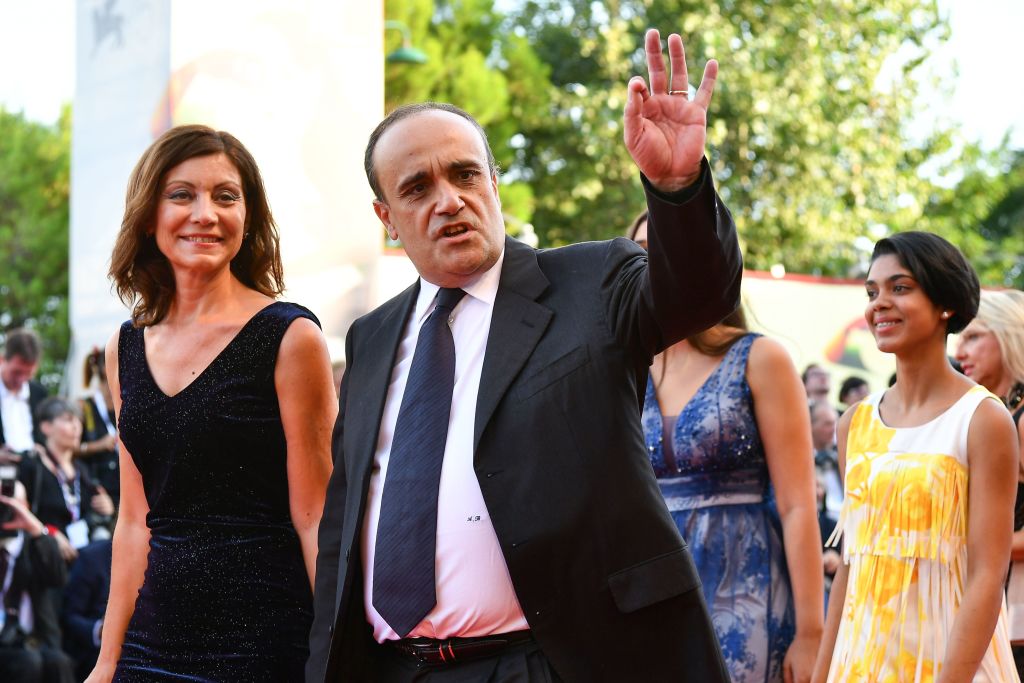
Italy’s populist government will introduce harsh new penalties for art and antiquities crimes, prioritizing the preservation of its rich culture as a key part of its nationalist policies.
As part of the crackdown, Italian officials announced that the government intends to ratify the Nicosia convention, an international agreement outlining penalties for crimes such as illegal excavation, importation and exportation, illegal acquisition, and sale of art and antiquities.
The ruling coalition of the Five Star Movement (5SM) and the League party pledged to put Italy first in its campaign and the government views the country’s storied cultural heritage as a vital part of this platform.
“We want to introduce laws on specific crimes so there are stiffer penalties applied to crimes against our cultural heritage, which is a fundamental part of our identity,” culture minister Alberto Bonisoli told the Telegraph at a recent repatriation ceremony for ancient antiquities in Washington, DC.
“These recovered works tell the story of our obligation to spare no effort in our collaboration to ensure our past survives for our kids and grandchildren,” the Italian ambassador Armando Varricchio added.
In Washington last week, the minister accepted the return of a wine carafe, a decanter for precious oils, an ancient Greek soup tureen, items that were illegally excavated from an Italian archaeological site and exported to the US. It was the latest repatriation in a series of 16 artifacts the US has returned to Italy over the last two years.
The heritage protection bureau of the Italian police spotted the items listed on the website of a New York-based auction house during a routine online search and alerted the FBI.
“Today the commercialization of online platforms for rapidly selling art and archaeological objects allows our investigators to see these objects abroad on a daily basis,” the head of the Carabinieri art crime unite General Fabrizio Parrulli told the Telegraph. “Thanks to our collaborators at the Met Police and the FBI we are developing a diplomatic culture of restitution that involves actually bringing the works back to their place of origin.”